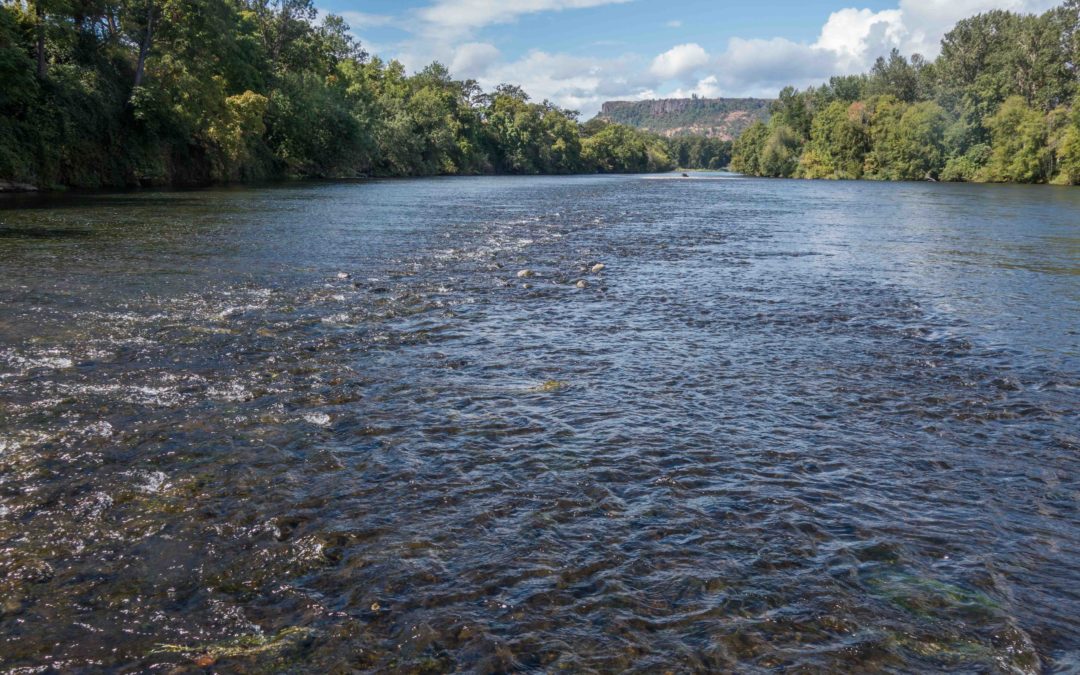The Oregon Department of Environmental Quality (DEQ) is currently cooking up a plan to largely undermine the goals of the Clean Water Act over the next decade. Given a long menu of work that needs to be done, DEQ is filling its plate primarily with junk food—those options that will allow polluters to keep polluting at current levels—while avoiding the fresh food—using the latest scientific understanding of how pollution affects people, fish, and wildlife.
This plan is made up of DEQ’s choices on which water quality standards to change over the next 3 to 5 years. The Clean Water Act puts DEQ in charge of establishing and updating the state’s water quality standards, which are the foundation of much of the law’s efforts to control pollution. The standards are supposed to protect all the uses of Oregon’s waters, from public health (drinking water, fishing, and recreation) to aquatic life (fish and wildlife). The process of keeping standards updated is called the “Triennial Review,” meaning it happens every three years. In Oregon, those three years drag out so long that DEQ is not even pretending that it will be done in that time.
DEQ recently asked the public to weigh in on its priorities for its next five years and has suggested that this will result in a 10-year plan. NWEA and a coalition of 19 other organizations provided comments on DEQ’s proposed schedule of work, most of which is intended to avoid protecting water quality: (1) actions likely to shrink stream miles where fish are protected; (2) looking at multiple ways to avoid meeting numeric criteria for temperature that have been established to protect salmon, steelhead, and bull trout; and (3) establishing a variance—to avoid meeting the established acceptable level—for mercury in the Willamette River basin. In the good category, DEQ plans to: (1) meet requirements under the Endangered Species Act that were obtained through NWEA’s litigation on Oregon’s temperature standards; and (2) determine how DEQ will interpret its narrative toxics criterion for protection of human health, fish, and wildlife.
These DEQ priorities of decreasing protection for water quality in Oregon are clearly driven by the agency’s desire to address what we call its “zombie permits”—the enormous backlog of discharge permits that DEQ refuses to reissue. NWEA has sued DEQ in state court to force action on these indefinitely extended permits and DEQ wants to reissue the permits. The problem is that DEQ does not want to issue any permits that will force cities and industries to clean up unsafe amounts of pollution, which is what permits are supposed to do. In DEQ’s world, if you can’t meet the rule, change the rule. As a result, DEQ is intent on rolling back protections for people and fish as it plans its future water quality standards changes.

